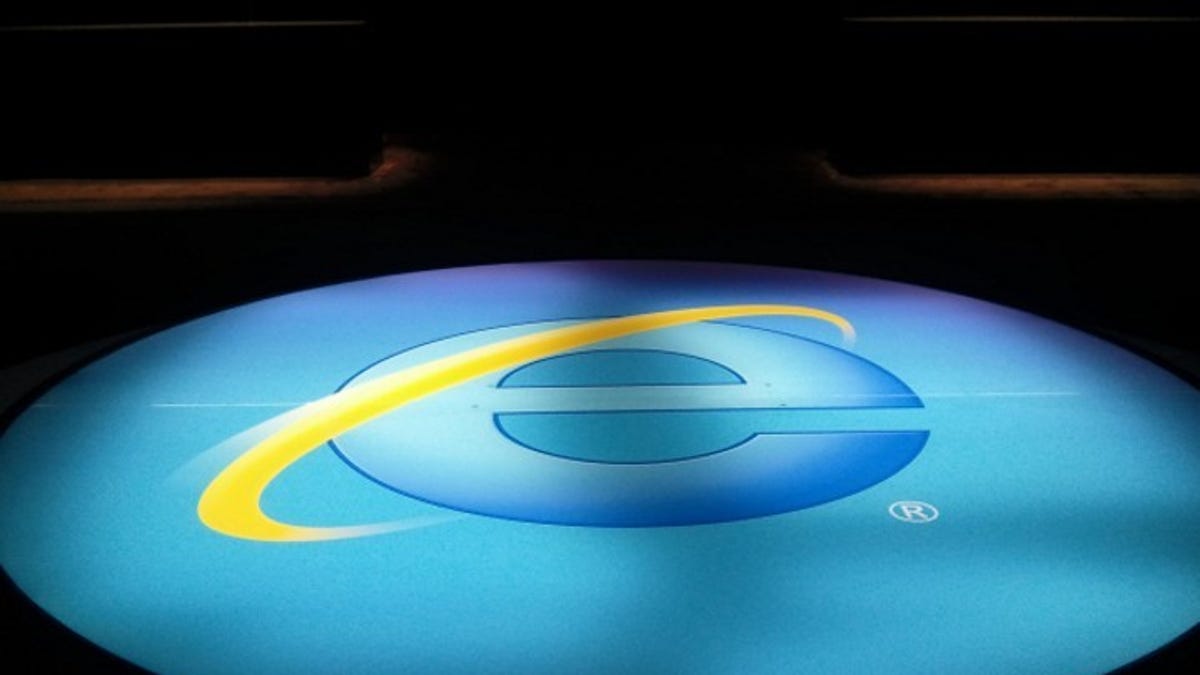RIP Internet Explorer: Microsoft's Legacy Browser Is Now Gone for Good
The browser was so iconic that it got a cheeky headstone in South Korea.

Microsoft's Internet Explorer was originally included with a Windows 95 upgrade pack.
Microsoft ended support for Internet Explorer on Wednesday, putting its aging web browser out to pasture after nearly 27 years. A South Korean software engineer marked the moment by spending 430,000 won ($330) on a headstone emblazoned with Internet Explorer's stylized "e" logo and a cheeky engraving, Reuters reported.
"He was a good tool to download other browsers," it reads, referring to the joke that people only used the dated Internet Explorer to install more modern ones like Google Chrome.
I can't believe someone in South Korea went to the trouble of commissioning a tombstone for Internet Explorer just so they could kill it a second time with the most vicious roast you'll ever see pic.twitter.com/5xpePtoPkN
— Cian Maher (@cianmaher0) June 17, 2022
The end of support came more than a year after the company said that its Internet Explorer 11 Windows 10 desktop app would be retired in favor of Microsoft Edge.
"Not only is Microsoft Edge a faster, more secure and more modern browsing experience than Internet Explorer, but it is also able to address a key concern: compatibility for older, legacy websites and applications," Microsoft said of its newer browser, which launched in 2015, in a blog post.
The first version of Internet Explorer was included in a Windows 95 Plus upgrade pack in 1995.
It was once the most popular web browser, reportedly having 95% of the market in 2003. Usage dropped as rivals like Chrome rose and Microsoft made the Chromium-powered Edge its default browse. StatCounter indicated it's recently held around 0.5% of the market.
The move away from Internet Explorer resulted in technical problems in Japan, where some businesses and government agencies operated websites only compatible with the the old browser, according to Nikkei. They were apparently aware of the shift to Edge, but procrastinated in taking action and many seeking help from software developer Computer Engineering & Consulting.

